Developing enquiries
In the EYFS this needs to be kept simple and activities should carefully build on previous learning. Read more
-
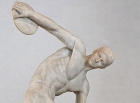
Primary History and planning for teaching the Olympics - four curricular models
ArticleClick to view -
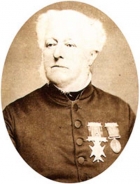
Shropshire's Secret Olympic History
ArticleClick to view -

William Brookes and the Olympic Games
ArticleClick to view -

Local History and the 2012 Olympics
ArticleClick to view -

Children's Thinking: Developmental psychology and history education
ArticleClick to view -

Doing history in the early years and foundation stage
ArticleClick to view -

A view from the classroom: Teachers TV, The Staffordshire Hoard And 'Doing History'
ArticleClick to view -
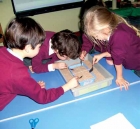
Archaeology: A view from the classroom
ArticleClick to view -
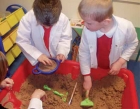
Archaeology and the Early Years: The Noah's Ark Experience
ArticleClick to view -

Children's thinking in archaeology
ArticleClick to view -

The Leeds Community History Project
ArticleClick to view -
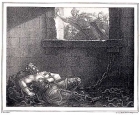
Here come the Vikings! Making a saga out of a crisis
ArticleClick to view

